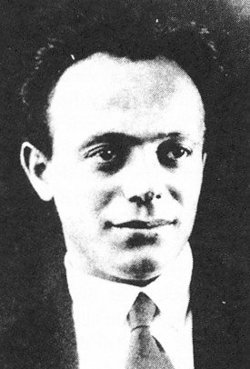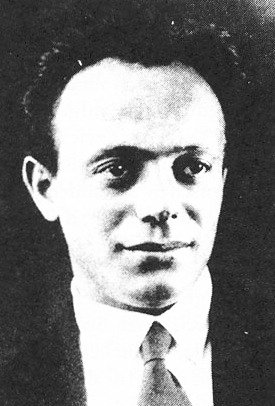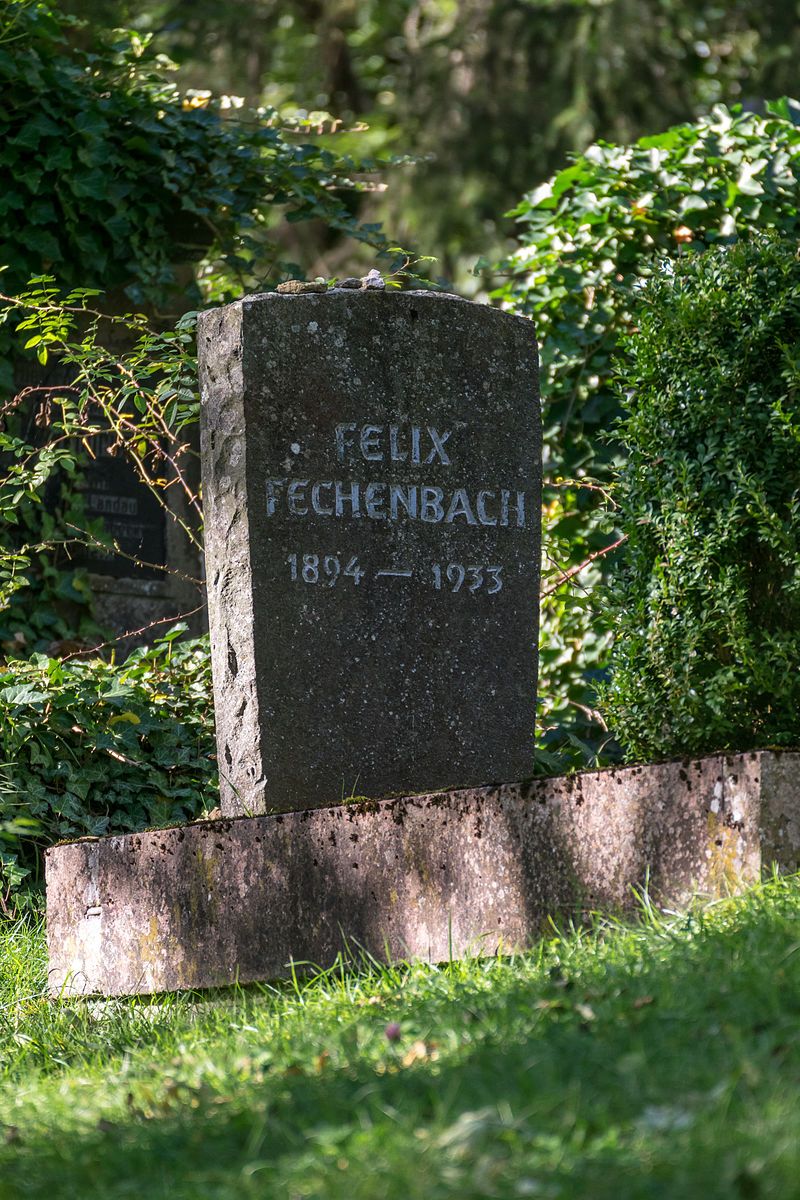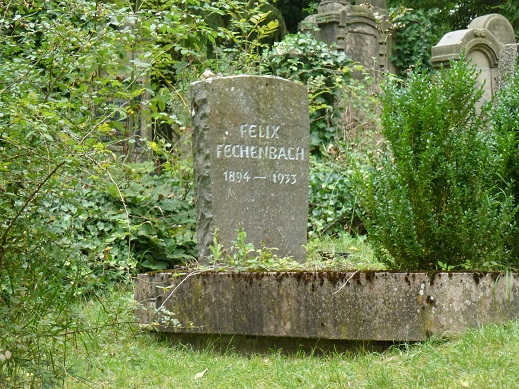Trained as a clerk, he became active in the social-democratic movement before the First World War in Wuerzburg and Munich. During the 1919 upheaval, which brought along a revolutionary government in Bavaria, Fechenbach was secretary of Prime Minister Kurt Eisner.
Allegations of subversive activity raised by right-wing groups resulted in a two-years stay in jail.
After his release, Fechenbach moved to Berlin and started a career in journalism, among others for the SPD weekly "Vorwaerts". From 1929 until 1933, he was editor of the "Volksblatt", based in Detmold / Westfalia, denouncing the mounting Nazi terror.
When the Nazi party took over power on Reich level in 1933, the newspaper was closed and Fechenbach arrested. On transport towards Dachau camp, he was shot by Nazi activists in a forest between Detmold and Warburg and buried on a Jewish cemetery of the region.
Trained as a clerk, he became active in the social-democratic movement before the First World War in Wuerzburg and Munich. During the 1919 upheaval, which brought along a revolutionary government in Bavaria, Fechenbach was secretary of Prime Minister Kurt Eisner.
Allegations of subversive activity raised by right-wing groups resulted in a two-years stay in jail.
After his release, Fechenbach moved to Berlin and started a career in journalism, among others for the SPD weekly "Vorwaerts". From 1929 until 1933, he was editor of the "Volksblatt", based in Detmold / Westfalia, denouncing the mounting Nazi terror.
When the Nazi party took over power on Reich level in 1933, the newspaper was closed and Fechenbach arrested. On transport towards Dachau camp, he was shot by Nazi activists in a forest between Detmold and Warburg and buried on a Jewish cemetery of the region.
Sponsored by Ancestry
Advertisement
Explore more
Sponsored by Ancestry
Advertisement




